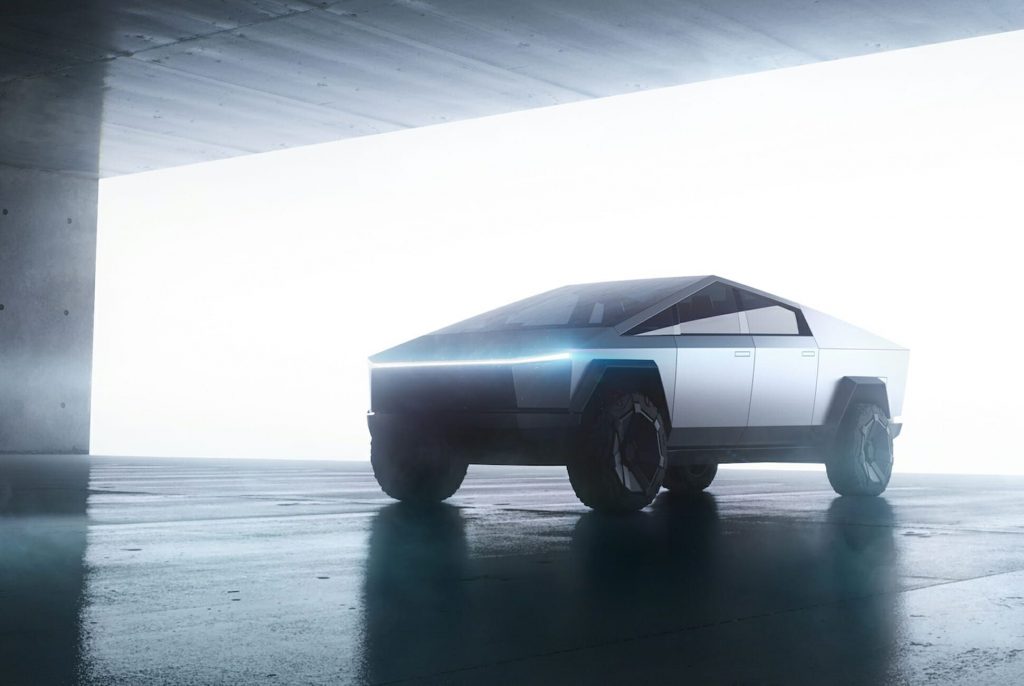The Science Behind Why Electric Cars Are Faster Than Normal Cars

Electric cars have been gaining popularity in recent years due to their eco-friendliness and efficiency. However, one aspect that often surprises people is their speed. Electric cars are often faster than normal cars, and this is due to several scientific factors.
Firstly, electric cars have instant torque. Torque is the force that causes rotation, and it is what makes a car accelerate. In a normal car, the engine needs to rev up to generate torque, which takes time. However, in an electric car, the electric motor can generate maximum torque instantly, giving it a significant advantage in acceleration.
Secondly, electric cars have a lower center of gravity. The battery pack in an electric car is usually located at the bottom of the car, which lowers the center of gravity. This means that the car is more stable and can handle turns and corners better. Additionally, a lower center of gravity means that the car can accelerate faster without losing traction.
Thirdly, electric cars have better aerodynamics. The design of an electric car is often sleeker and more aerodynamic than a normal car. This reduces air resistance, allowing the car to move through the air more efficiently. This means that the car can reach higher speeds with less energy, making it faster.
Lastly, electric cars can deliver power more efficiently. In a normal car, the engine generates power, which is then transmitted to the wheels through a transmission system. This process can result in energy loss due to friction and other factors. However, in an electric car, the electric motor generates power directly to the wheels, resulting in less energy loss and more efficient power delivery.
In conclusion, electric cars are faster than normal cars due to their instant torque, lower center of gravity, better aerodynamics, and more efficient power delivery. As technology continues to advance, we can expect electric cars to become even faster and more efficient in the future.


